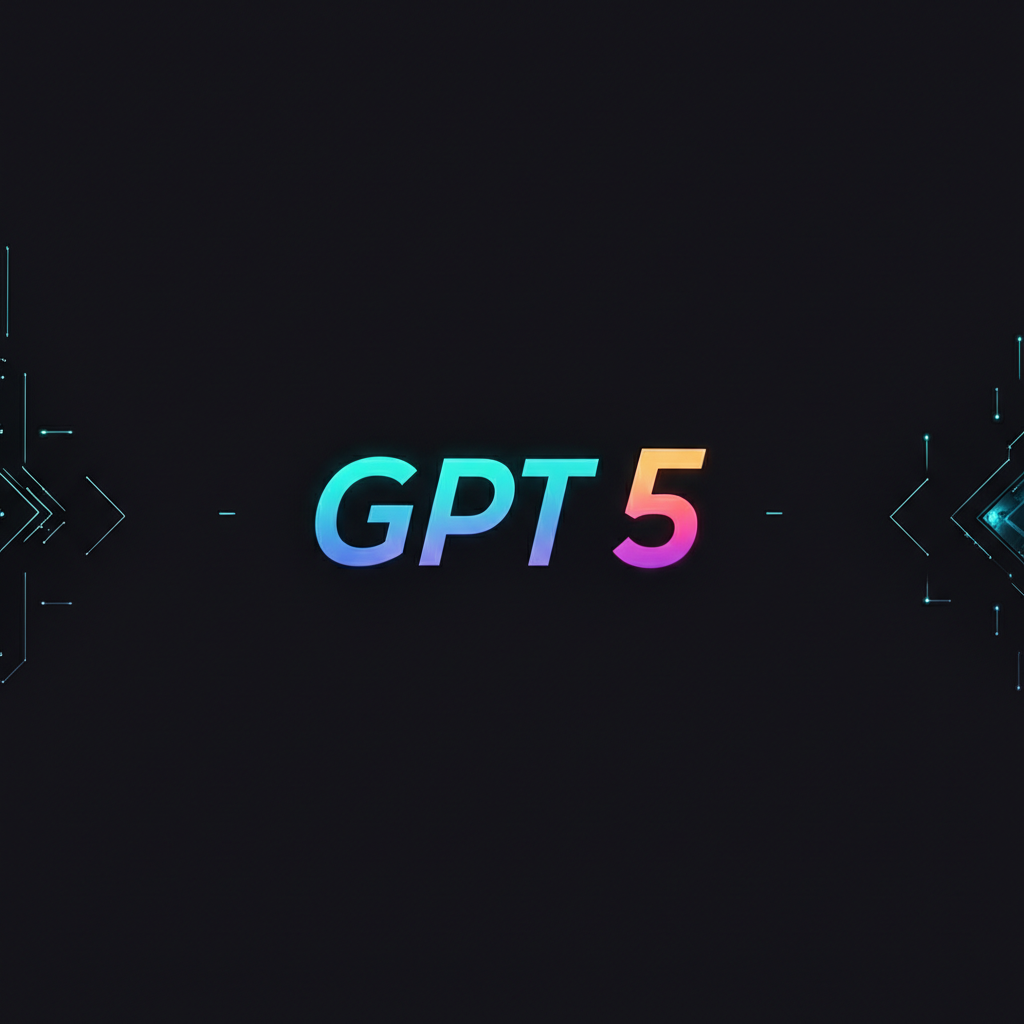GPT-5: OpenAI's Next-Gen AI Promises Breakthrough Capabilities

The landscape of artificial intelligence is on the cusp of another major shift. OpenAI, the company behind groundbreaking AI models like ChatGPT and DALL-E, is reportedly working on GPT-5, the successor to the already impressive GPT-4.
While official details remain scarce, speculation is rife about the potential capabilities of this next-generation language model and its potential impact on various sectors GPT-4, released in March 2023, already demonstrated significant advancements over its predecessor, GPT-3 It showcased improved reasoning abilities, more accurate information retrieval, and a greater capacity for handling complex tasks GPT-5 is expected to push these boundaries even further Experts predict enhancements in areas such as common sense reasoning, long-term memory, and the ability to seamlessly integrate with other AI systems
Background
One of the most anticipated improvements is in the realm of contextual understanding GPT-5 is rumored to possess a more profound grasp of context, allowing it to generate responses that are not only more accurate but also more nuanced and relevant to the specific situation This could lead to breakthroughs in areas such as customer service, content creation, and even scientific research Imagine an AI assistant that can truly understand your needs and provide personalized support with unprecedented accuracy Another area of focus is likely to be on reducing biases and improving safety AI models are often trained on vast datasets that reflect existing societal biases, which can then be perpetuated in the model's outputs OpenAI has made efforts to mitigate these biases in previous models, and it is expected that GPT-5 will incorporate even more sophisticated techniques to ensure fairness and prevent the generation of harmful or offensive content The potential applications of GPT-5 are vast and varied In the business world, it could automate a wide range of tasks, from writing marketing copy to generating financial reports
In education, it could provide personalized tutoring and support to students of all ages In healthcare, it could assist doctors in diagnosing diseases and developing treatment plans
The possibilities are seemingly endless
GPT-5 has the potential to revolutionize how we interact with technology," says Dr. Anya Sharma, a leading AI researcher at Stanford University.
Its enhanced reasoning abilities and contextual understanding could unlock new possibilities across various industries, from healthcare to finance However, the development of such powerful AI also raises ethical concerns
Questions about job displacement, the spread of misinformation, and the potential for misuse need to be addressed proactively
However, industry experts are anticipating an announcement sometime in late 2024 or early 2025.
OpenAI has remained tight-lipped about their progress, but the anticipation surrounding the new model is building In conclusion, GPT-5 represents a significant leap forward in artificial intelligence, promising enhanced reasoning, contextual understanding, and the ability to tackle complex tasks with unprecedented accuracy While ethical considerations must be carefully addressed, the potential benefits of this next-generation AI model are immense, paving the way for a future where technology empowers us in countless ways
